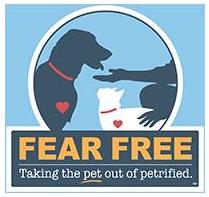
January 2018 – Warning: Essential Oils are a Toxic Risk to Pets
You’ve seen the advertisements – use essential oils to relax and soothe sore muscles; heal skin conditions; fight the cold and flu; alleviate pain; improve digestion. Essential oils are utilized as insecticides, in aromatherapies, personal care products and more. This may be well and good for human consumption. But what about our pets?
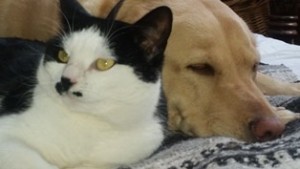
According to our friends at Pet Poison Helpline, essential oils are volatile, organic constituents of plants that contribute to fragrance and taste. Sounds harmless, right? Wrong!
Essential oils can pose a toxic risk to household pets, especially to cats who groom themselves constantly. Essential oils are rapidly absorbed both orally and across the skin after which they are metabolized by the liver. The danger to cats is they lack and an essential enzymes in their liver, therefore they have difficulty metabolizing and eliminating certain toxins including essential oils.
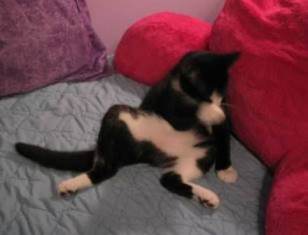
Furthermore, cats are very sensitive to phenols and phenolic compounds, which can be found in some essential oils. The higher the concentration of the essential oil, the greater the risk to the cat.
As noted by Pet Poison Helpline, essential oils that are known to cause poisoning in cats include oil of wintergreen, oil of sweet birch, citrus oil (d-limonene), pine oils, Ylang Ylang oil, peppermint oil, cinnamon oil, pennyroyal oil, clove oil, eucalyptus oil, and tea tree oil. Symptoms that develop depend on the type of oil involved in the exposure and can include drooling, vomiting, tremors, ataxia (wobbliness), respiratory distress, low heart rate, low body temperature, and liver failure.
Dogs can also be sensitive to certain essential oils. These include anise, clove, garlic, horseradish, juniper, thyme, wintergreen, and yarrow. A range of issues from allergies and skin sensitivities to interference in their natural body processes might arise that require veterinary care.
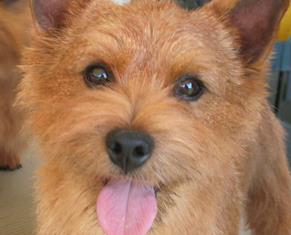
Diffusers pose health risks to pets, too
Candles, liquid potpourri products, room sprays…all pose risks for our pets, including passive diffusers. These work by evaporating the oil to produce a pleasant smell. Sounds nice for humans, but as you might guess, the health risk to cats from essential oils dispersed through passive diffusers is respiratory irritation.
Inhalation of strong odors or fragrances can cause some cats to develop a watery nose or eyes and/or burning sensation in the throat. Pets can start to have problems breathing or become nauseous leading to drooling and/or vomiting. When a cat is experiencing difficulty in breathing, you may notice labored breathing, fast breathing, panting, coughing, or wheezing. Please do not assume this is just hairballs. Alert your veterinarian!
Cats suffering such symptoms need to be moved immediately into fresh air, and require emergency veterinary treatment should their symptoms not quickly resolve once they are in fresh air. Cats with pre-existing respiratory issues such as asthma, airborne allergies, or cats exposed to second hand smoke from their human companions, are at greater risk for developing severe respiratory irritation than cats without such conditions.
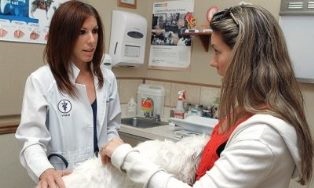
Then you have active essential oil diffusers where actual microdroplets or particles of oil are emitted into the air in addition to the pleasant aroma of the oil. These include Nebulizing diffusers and ultrasonic diffusers. These droplets may collect on your cat’s fur where it might be ingested or even absorbed into the skin.
Drooling, vomiting, tremors, ataxia (wobbliness), respiratory distress, low heart rate, low body temperature, and liver failure can potentially develop depending on the type of essential oil that was used and the dose that the cat was exposed to.
Please Use Caution – Protect Your Pets!
Think twice before introducing essential oils into your home. Do your research and please discuss with your family veterinarian. Every pet is unique. Never apply known irritants directly to your pet’s skin and call the Pet Poison Helpline if accidental poison should occur at 800-213-6680. Refer to our BMAH Website Emergency Page for further instruction.
Belle Mead Animal Hospital, Your Other Family Doctors
Handling Every Pet with Love Every Day!
LIKE us on Facebook and Follow us on Twitter @BMAH121, Pinterest and Google+ for news and pet wellness tips. We’re also on YouTube! Subscribe for updates! Tag us on Instagram!








